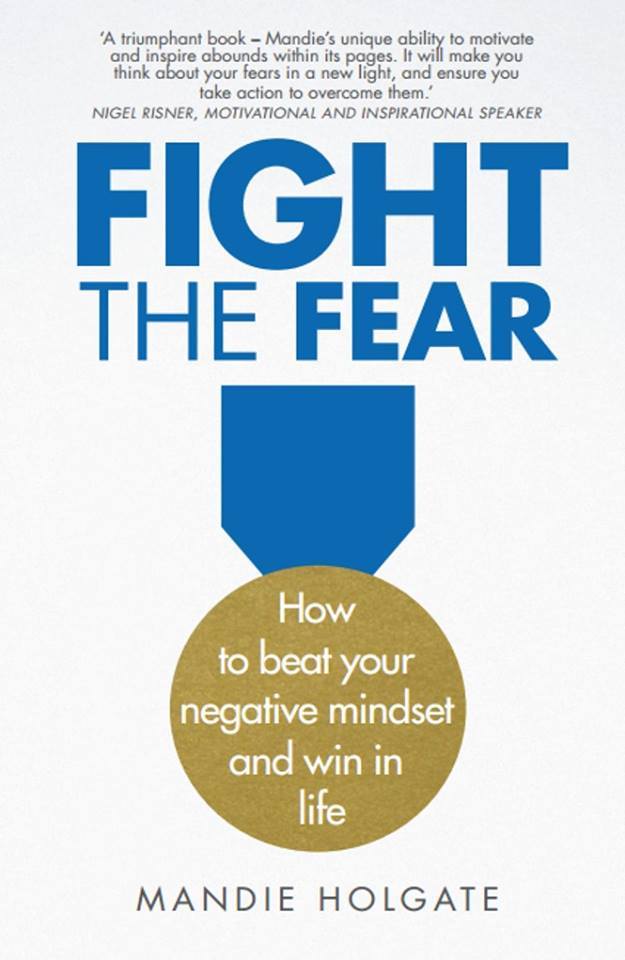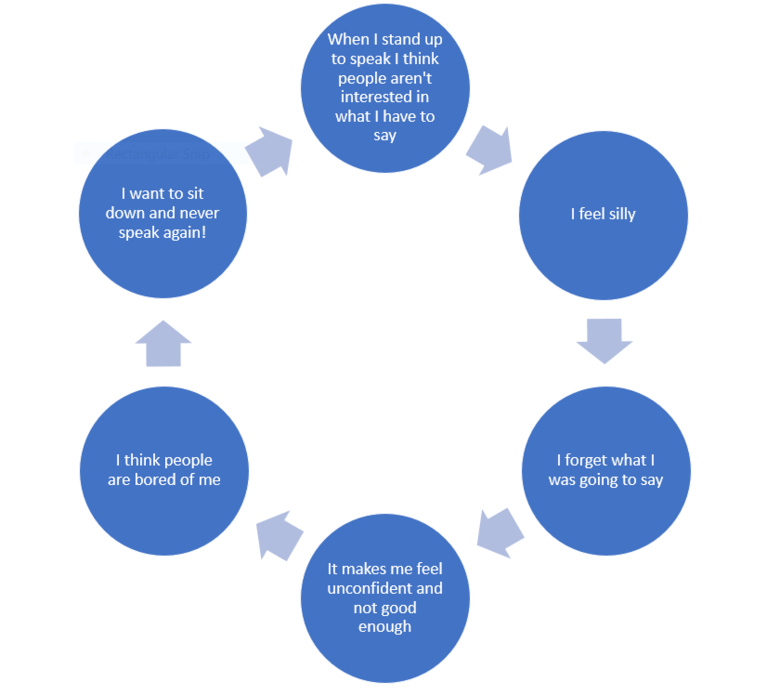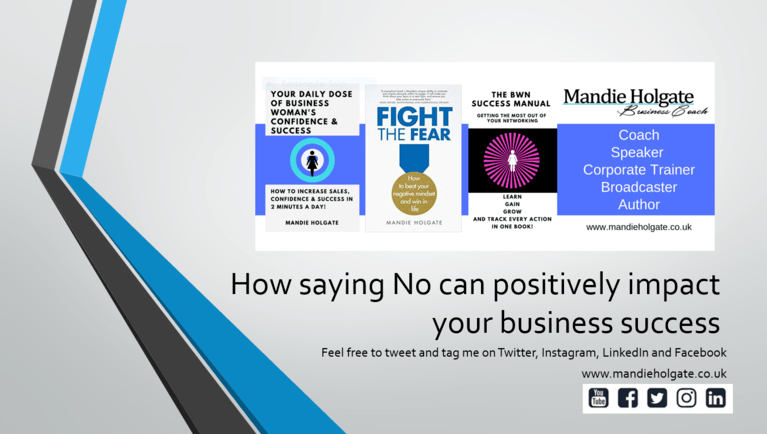13 steps to making money out of blogging
Whether you own your own business, work for a charity, have a passion for K-Pop or Women’s football you can make money from blogging. And this is not an empty promise. This is what Blogging for Business has done for me;
- Asked to write a book for the UK’s Top Non-fiction publishers.
- Paid speaking gigs, including a global world record attempt along with 23 top speakers.
- Free PR – more free PR than I could ever list. Every glossy magazine, all the top newspapers nationally, TV, Radio – they come to you!
- Sign ups to my data base. The Blogging for Business course has done this for Insiders too. One artist saw a 3100% increase in their database thanks to that course. Read more here.
- New subscriptions to my paid community the INsiders for business owners, professionals, BDM’s and charities. New members sign up every month.
- New coaching clients – well that’s always the aim right?
- New opportunities – I’ve had the most amazing opportunities delivered to me because blogging establishes you as the expert, stands you apart from the competition and makes you more visible and vocal and the best bit? It’s 24/7 – write it once and articles can deliver new business and opportunities for years!
So now I’ve proved it’s a genuine strategy to growth and that you can get your passion for any subject out there and help others benefit too.
- What do you write?
- And what’s the magic formula that ensures people read and action what you say?
- And what if you’ve written a blog but like your social media it falls flat and achieves nothing?
And best of all check out step 11 where I share some of the amazing ways it can make you money!
Join me for the fastest 13 steps to a making your blog a money maker!
1. Time on your side
Make time — when I’m coaching someone on growing a business or earning more money I end every session by finding out when will the actions we set be completed by. If you can’t find 20% of your time to work on this, how will it happen?
2. Your reason why?
What is the purpose of writing your blog? And if the answer is “To make lots of money!” or “To find lots of customers” Then think again.
Do you want to inspire? Empower? Educate? Stir up passion for a cause?
Yes, behind that reason is the desire to make money from blogging but foremostly consider how you are going to make a difference in the world. Customers buy when they are ready to from those that they trust. A blog helps you build awareness, trust and respect so that when they want something, it’s you they remember!
3. Who are you writing for?
I was training a room full of business owners on blogging for business and when I asked this question someone said (and I’m not sure they were joking) “Anyone that has skin!” They’d been told that to sell their skin products they could sell them to anyone. I pointed out that my husband had skin and only used moisturizer if I bought it for him at Christmas, and even then 1 bottle could last a year!
Just like marketing is a lot easier when you really know your perfect customers (want more on that click here) blogging is a lot easier when you are talking to the right people. So take the time to describe in detail your perfect readers.
4. What do you write about?
A big mistake bloggers make is that they write what they want to talk about and not what readers want to read. You may know that what they need to know is questions they’ve not even considered asking, so how could they know they need to know something they don’t know they need to know?!? (Confusing right?)
Simplify this and consider step 3 again — do you really know your reader?
- What do they worry about?
- What do they want and what do they need? (Those 2 are very different — people want a private jet holiday to their own tropical island but will settle for a few weeks in the sun. I see a lot of business owners confuse need and want and it often stops engagement and sales!)
5. How to structure a blog article
If you take my Blogging for Business course you will know that this is not something I can tell you in a few words, but don’t’ panic it comes down to these elements
- How long it should be,
- What words to include,
- What to be careful of,
- How to structure the paragraphs,
- How to ensure people read to the end,
- How to ensure it is working to grow your business, followers, Search engine optimisation (getting people to your site), leadership, brand, sells, Free PR, etc.
As a general rule a longer blog 1500–2000 words is good for SEO which means it will get found. Actually, studies have proven the best length is 1760 words! Precise right?
The bad news is that if you are new to writing and people don’t know who you are, you need to hook them with awesome content so they come back for more.
300 words is the bare minimum to write. If you are going to write a short article, you must make it succinct, clear, and focused. If it is wishy washy you will lose your new readership.
Just like a speech has a beginning, a middle and an end. So does an article.
Just as a speech has a “What I will deliver?” at the start and a “Lets recap on what I said I’d deliver” at the end so does a blog.
Just as a speech has a clear call to action so does a blog article.
Always consider if you were to stand in front of your audience what would ensure they hung off of every word you say?
Communication in written form and verbal have many similarities, it just differs on how you achieve it.
6. Before you get started — absolutely essential actions.
- Don’t scrimp on the planning.
- Don’t scrimp on the research.
I aim to include links to other great research or studies. This reinforces why you are the expert and is good for SEO — Search engine optimisation — big words for getting your website seen on Google.
7. Actually writing it!
Lots of bloggers make the mistake of thinking you wait for inspiration to start writing.
As I like to say there’s no quicker way to an empty mind than to have a blogging deadline! A blank screen is like a blank mind! This is why my steps work because you know your reason for blogging and store up your content ideas (I’ve got some awesome ways to never run out of things to write about — 1 idea can become a whole year of content with my Branch strategy!)
When your mind goes blank but you want to write, just write everything that spluges out of your head. Don’t edit as you go, just write and write and write. Afterwards you will edit it at least 3 times to ensure it’s something succinct and powerful that grabs your readers!
8. Where to put it?
The great news is you don’t need to be techy and build your own website. In an ideal world you have your own website otherwise you are sending people to someone else’s platform (which reduces your control on what the reader does next) but don’t panic if that’s not affordable or practical for you.
There are plenty of sites that welcome guest bloggers. INsiders – The BWN will publish anything it’s members create (For free).
Platforms like Medium and Mighty could be ideal and never rule out LinkedIn. I worked with a photographer who only did new born baby photography. They told me it was pointless being on LinkedIn. I asked “So the 830 million members, none of them have babies or need gifts for loved ones?” That one question led to a lot of business through LinkedIn! There’s many caveats with this. Security, privacy policies, safety for your readers, reputation of the site, saturation of market, only benefiting the platform and damaging your reach for starters – I teach you in the Blogging for business how to navigate these risks, protect your IP and get your blog seen and actioned.
9. Loyal Readers — what not to do
If you think it’s enough to write something and slap it on Instagram and Facebook with a pretty image made on Canva is enough, think again. There are billions of pages vying for your readers.
- Don’t spam groups trying to get someone interested.
- Don’t post it everywhere for 3 days and then forget about it.
- Don’t copy someone else and think you will get away with it — no one likes a cheap copy — especially the best selling author that is copied!
- Don’t be too formal — be yourself. Seriously blogging is about people connecting with you. So you’ve got to speak in your style. (Just be mindful not to alienate your perfect readers with too stylised a way of communicating.)
- Don’t use jargon — it may make you feel big and clever, but it just alienates people looking for solutions.
I could go on here with another 10 don’ts that kill blogs but to get the full works you know you’d need to buy the course right? I’m generous, but not that generous!
9. Marketing your blog.
Sadly people are told to write a blog to grow their business. But if you can’t get people engaging with you on social media to buy your products and services, then how will that same model work to sell a blog?
As a guide consider this image and ask yourself what 8 to 10 tools will you use to market your blog? However this is just a guide, you aren’t getting it all for free!

10. Is it working?
It’s no good writing and writing and writing but never knowing if it’s working. Before you start blogging write down the number of followers you have, the engagement you get, the insights, the number of people signed up to your newsletter, the number of people buying.
What measurables do you need to list?
How will you monitor your blogs success?
11. Make your blog work harder!
Blogs aren’t just something that sit on your website and get churned out on social media. Your blog can lead to amazing things;
- When the UK’s leading non fiction publisher asked me to write a book (with upfront royalties) they’d read my blog that they found via LinkedIn. (That’s why it’s so important to write what people want and need and not just what you want to talk about!)

- I like to take one client’s need and turn that into a blog article. That often leads to paid speaking gigs. One person’s issue is likely to be another person’s issue too! I’ve earned thousands from one article that has been turned into 1 hour speaking engagement or even full day training for teams!
- Don’t forget not everyone likes the written word, so knowing this how can you ensure the video lovers benefit? That’s another way you are showcasing yourself as the expert and that can lead to paid speaking gigs too.
- People like to work with influencers. They want what you’ve got! Blogs open up new markets for you and your business. They can lead to affiliation too — which is practically automated income!
What could your blog lead to? Think big for this one. What would be your ultimate? Now go back to the start and ensure you’ve nailed the why, what, where and how of your blogging journey to ensure you achieve it.
12. What next?
Of all the things I’ve done to grow my successful coaching practice, I can hand on heart tell you that Blogging was the key to standing out, getting paid and tapping into new markets. There is no finer feeling than opening your bank account and discovering a 5 figure sum you weren’t expecting because you’ve been paid by an affiliate, royalties for your book or for a 60 minute speaking gig more money than many will see in 6 months!
If you want to ensure blogging is that powerful for you too follow this link.
And the best bit? To ensure it works you can sign up to be an INsider and I will work with you every day to ensure this course works. I stand by the quality of my courses and expect success.






